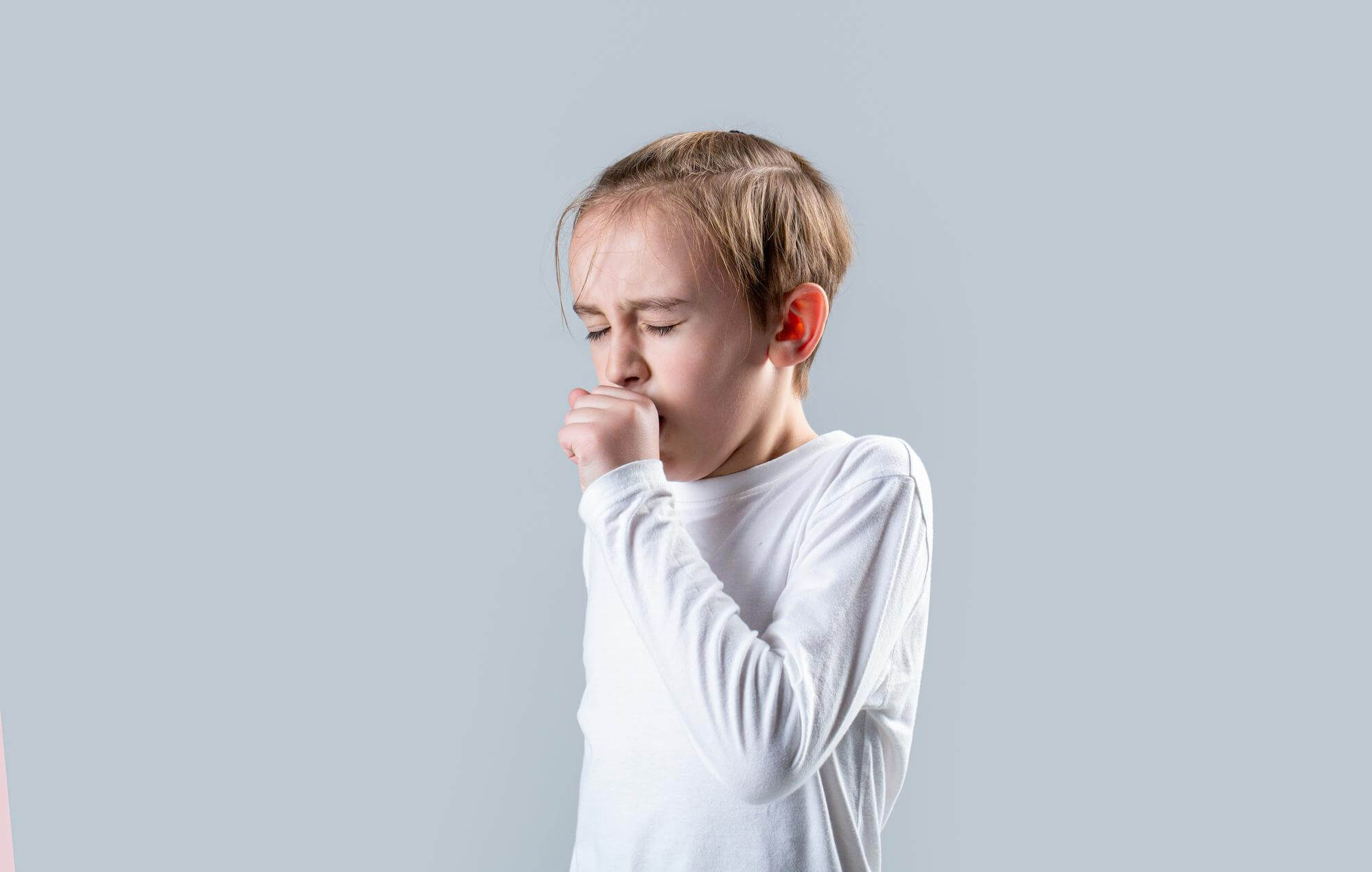Gooseberry allergy: what are the consequences and how to avoid them


Viktor Levchenko
Allergies to gooseberries are a reaction of the immune system to contact with the plant or its fruit. Although gooseberries are a healthy and nutritious food, some people may experience allergic reactions after eating them or coming into contact with the plant. In this article, an experienced allergist will discuss the causes of gooseberry allergies, their symptoms, diagnosis and treatment, as well as ways to prevent an allergic reaction to gooseberries.
What are gooseberries and how can they cause allergies?
The gooseberry is a shrub of the gooseberry family, whose fruits have vitamins, minerals and antioxidants. They can cause allergies in some people because of the proteins they contain, which can be recognized by the immune system as hostile agents.
Causes of gooseberry allergy
- Hereditary factor plays an important role in the development of gooseberry allergy. If someone in the family suffers from allergies, the likelihood that the child will also be prone to allergies increases significantly.
- Gooseberry pollen can cause allergies in people who are sensitive to the plant. During flowering, the pollen can get on the mucous membranes of the eyes and respiratory tract, causing an allergic reaction.
- Direct contact with the gooseberry plant can also cause allergies in some people. The skin reacts to substances in the plant and an allergic reaction occurs.
Symptoms of gooseberry allergy

- Allergy to gooseberries can manifest itself in the form of a runny nose and stuffy nose. The nasal mucosa becomes inflamed and swollen, making it difficult to breathe through the nose.
- In some people gooseberry allergy causes coughing and difficulty breathing due to inflammation of the airways and swelling of the mucous membranes.
- Contact gooseberry allergy can cause skin rashes, itching and redness of the skin. These symptoms usually occur at the site of contact with the plant.
How to diagnose gooseberry allergy?
In order to diagnose gooseberry allergy an allergist takes a medical history, performs a general examination and prescribes special allergy tests, such as skin tests or blood tests for the presence of specific antibodies (IgE).
How to treat gooseberry allergy?

The first step in treating gooseberry allergies is to take antihistamines such as loratadine, cetirizine or fexofenadine. They help reduce allergy symptoms such as itching, skin rashes, and mucous membrane swelling.
In severe allergic reactions, such as laryngeal edema or bronchospasm, corticosteroids such as prednisolone or dexamethasone may be prescribed. They have strong anti-inflammatory effects and quickly relieve swelling and inflammation.
If the gooseberry allergy is persistent and severe, the doctor may recommend immunotherapy. This is a long-term course of treatment that involves the regular administration of small doses of the allergen in order to gradually get the immune system used to it. This approach can help reduce sensitivity to the allergen and reduce gooseberry allergy symptoms.
How to prevent a gooseberry allergy?
To prevent allergies to gooseberries, it is recommended that you:
- Avoid contact with the plant and its fruit if you are aware of your allergy.
- During gooseberry blooms, close windows in the house to prevent pollen from getting inside.
- Wear protective gloves when working with gooseberries in the garden.
- If you are allergic to gooseberries, avoid foods that contain them and inform your family and friends.
Allergy to gooseberries can manifest itself by various symptoms, such as runny nose, cough, difficulty in breathing, skin rash and itching. It is important to see an allergist in a timely manner to diagnose and prescribe adequate treatment. Following the recommendations to prevent gooseberry allergy will help avoid unpleasant symptoms and keep you healthy.
New materials
Popular Articles
We recommend reading
Contact us in the Contact Us section to ask questions, offer ideas, or for more information about our allergy resource.
Our articles are your trusted source of allergy knowledge. Learn how to make life with allergic reactions easier on our specialized portal.
©
Lechenie-Allergii.com. All rights reserved.
© Lechenie-Allergii.com. All rights reserved.
The information on this site is for informational purposes only and is not a substitute for professional medical advice. We recommend consulting with qualified medical professionals for accurate information and advice.
 English
English  Українська
Українська  Русский
Русский 









